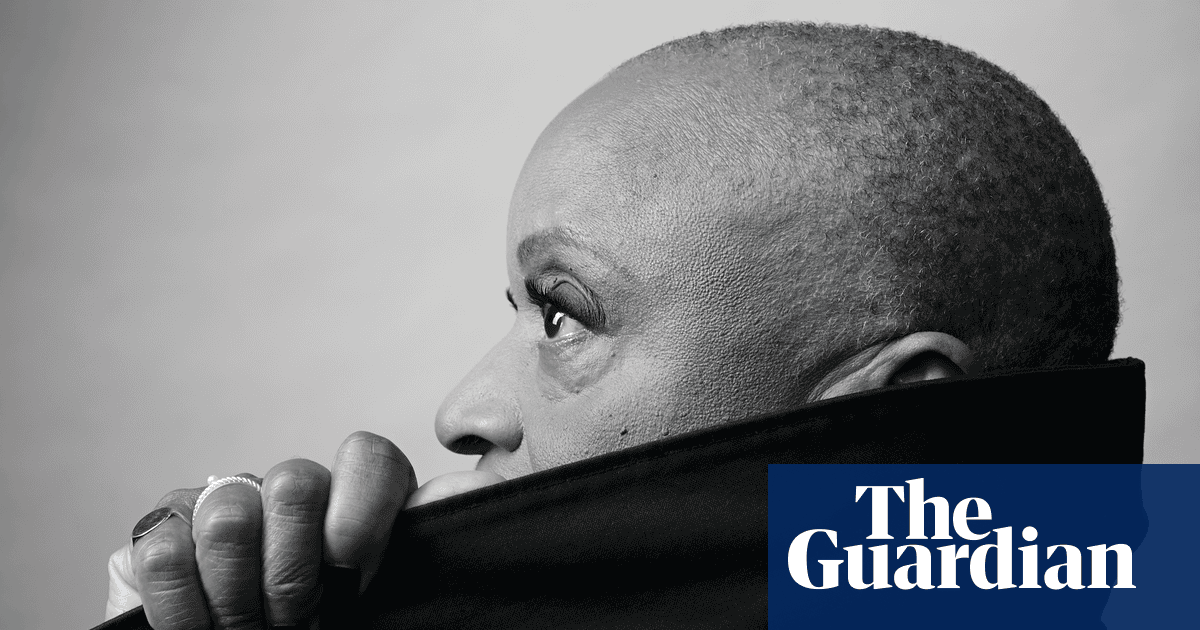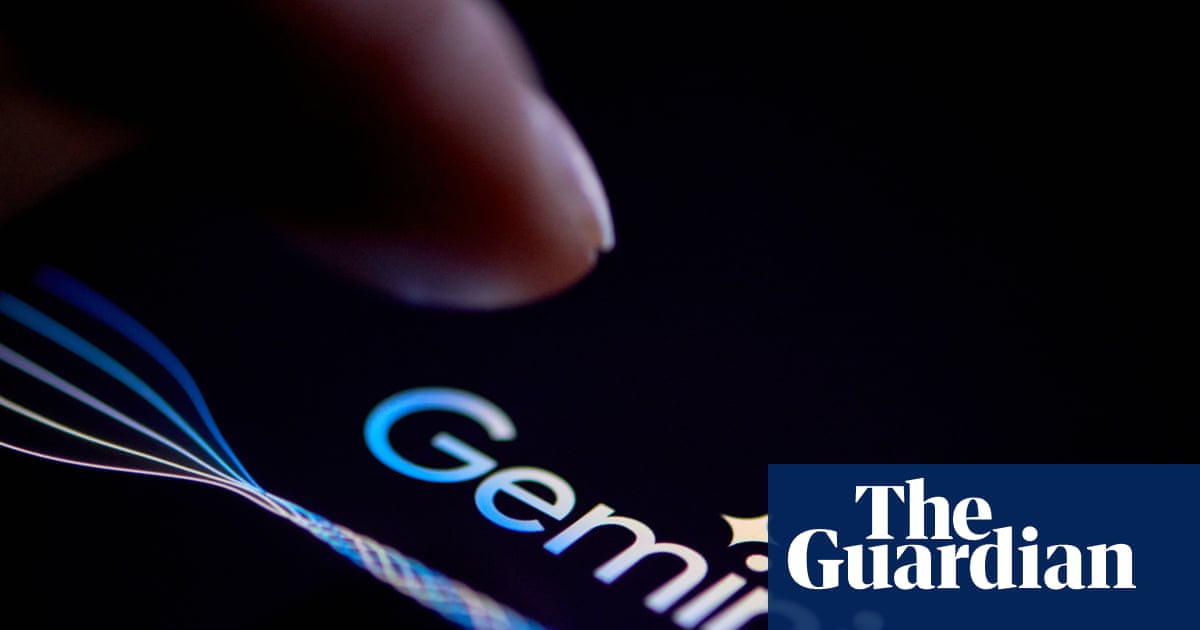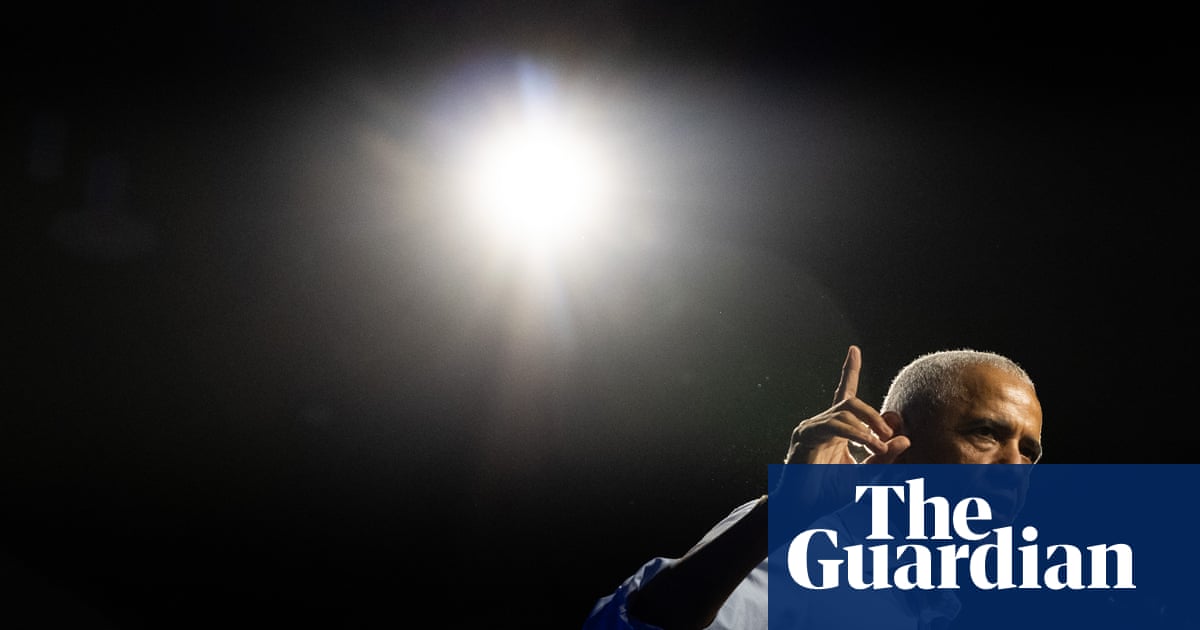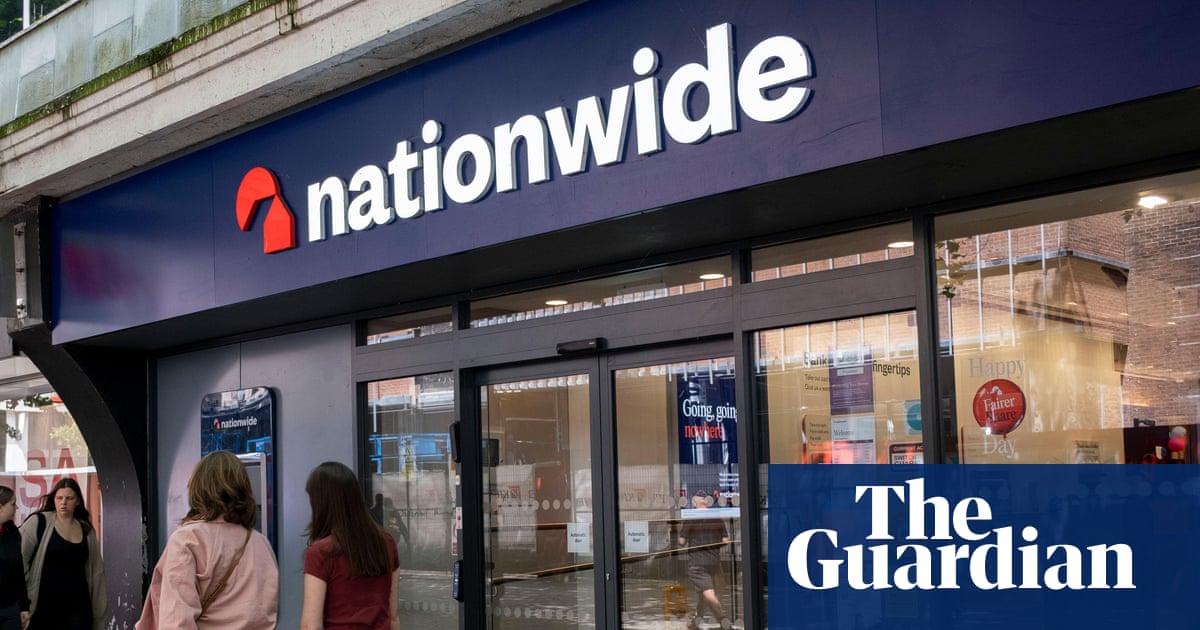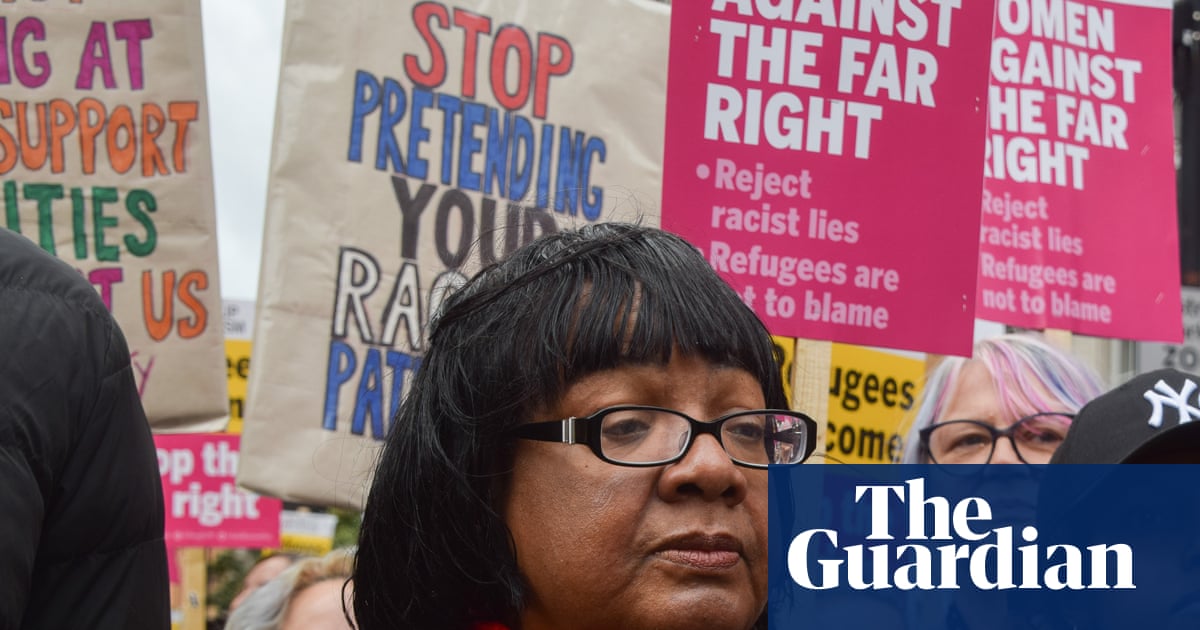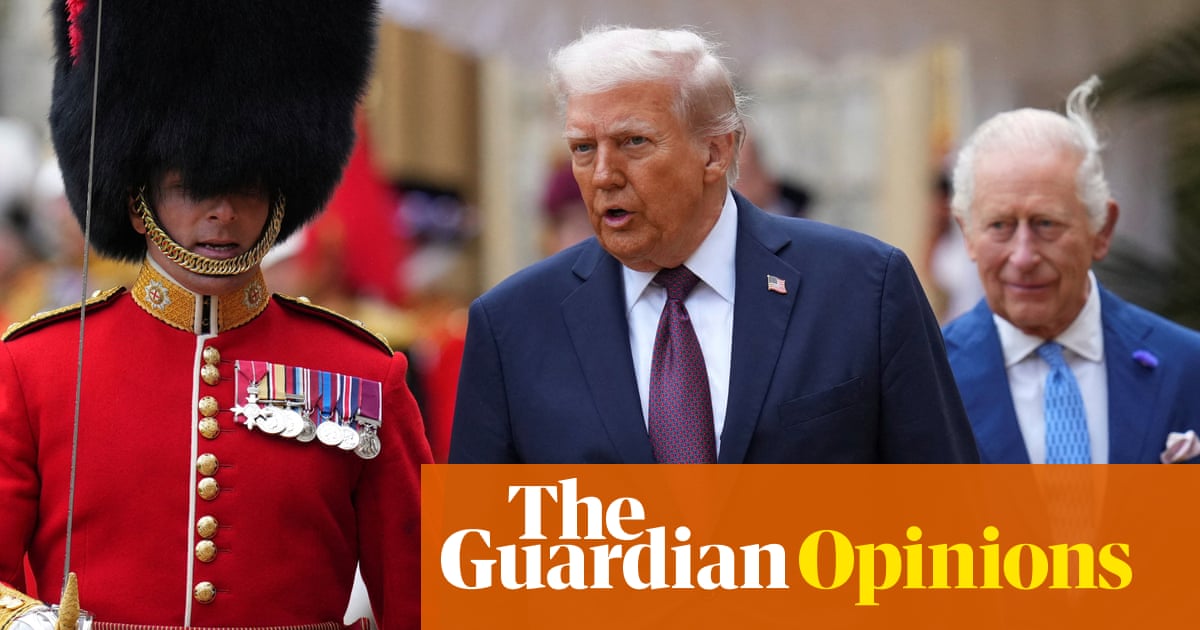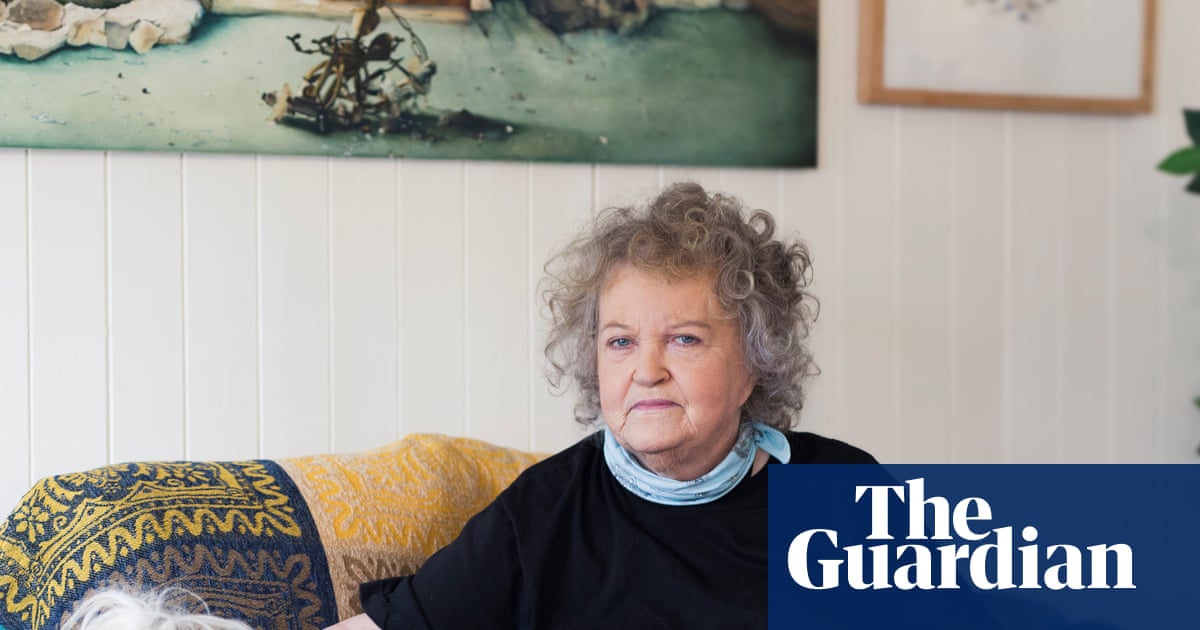The discount retail chain Poundland is expected to close dozens of its stores after it was sold to the investment company Gordon Brothers for £1.
Poundland, which has more than 800 outlets in the UK and employs about 16,000 people, was put up for sale by its owners, Pepco Group, in March as a result of “challenging trading conditions”.
Gordon Brothers, the former owner of Laura Ashley, said it would invest up to £80m in Poundland to help turn the business around.
As part of the deal, Poundland faces a restructuring plan that is expected to include a swath of store closures, putting thousands of jobs at risk. The company is also thought to be looking to slash its rent bill. Poundland said the details would be communicated “in due course”.
Poland-based Pepco, which bought Poundland in 2016, had been looking at options for the outlet since late last year in order to focus on its more profitable Pepco brand, at a time when Poundland was facing tough competition from other discount chains and in the face of increased wage costs.
Stephan Borchert, the chief executive of Pepco Group, said the sale “marks an important milestone in our strategic plan to move away from FMCG [fast-moving consumer goods] and focus predominantly on Pepco, our higher margin clothing and general merchandise business”.
Pepco reportedly received interest in Poundland from others, including the restructuring specialist Hilco and Modella Capital, the new owners of WH Smith’s high street business.
However Pepco said last month that any sale of Poundland would not result in “major proceeds” for investors as Poundland might not make a profit in the last financial year.
Even at a time when consumers are watching their spending, budget chains such as Poundland have been having a particularly tough time as a result of growing competition from supermarkets such as Tesco, Aldi and Lidl, as well as the expansion of rival groups such as Savers, The Range and Home Bargains.
Discount retailers such as Poundland have slim profit margins, giving them little room to absorb extra costs such as the increase in national insurance contributions, which took effect in April, at the same time that sales growth is slowing as UK households rein in their spending.
after newsletter promotion
Poundland first appeared on British high streets in 1990, when it became popular for offering value products ranging from food and cosmetics to homeware and stationery, with all items originally priced at £1.
It moved away from its £1 model in 2019, bringing in what it called a new pricing structure, although in recent months it has tried to win back customers by increasing the number of £1 products it sells.

 3 months ago
115
3 months ago
115
